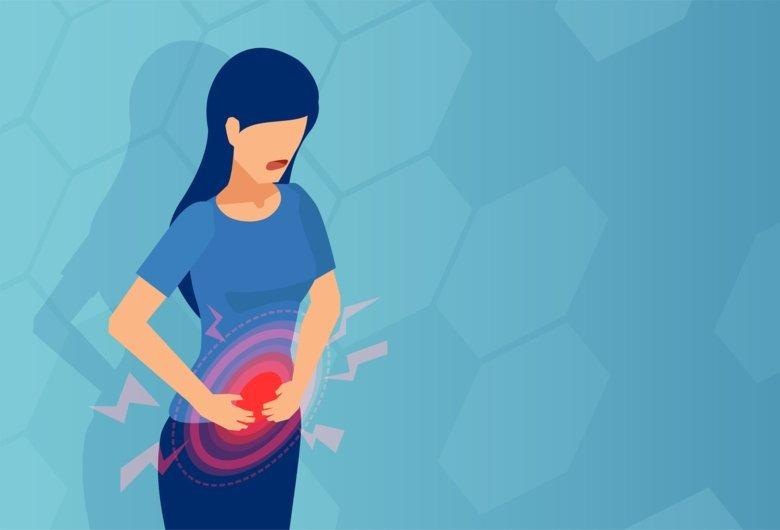Reviewed by Danielle Ellis, B.Sc.Apr 18 2022
A team of researchers at Sweden’s Karolinska Institutet studied how specific immune cells known as innate lymphoid cells (ILCs), which play a role in inflammatory bowel disease (IBD), evolve into mature cells. The discoveries may open the way for more effective treatments for IBD, a condition that causes a lot of pain and is associated with a higher risk of colorectal cancer. The findings were published in the journal Science Immunology.

Image Credit: Illustration: GettyImages.
Inflammatory bowel disease (IBD) is a persistent inflammation of the gut mucosa that has been linked to an increased risk of colon cancer. Signs such as abdominal pain and weight loss commonly appear before the age of middle age.
The reason is unknown, however, it is thought that genetic, environmental, and immunological factors all have a role. Because a considerable proportion of IBD patients do not react to current therapies, there is a significant need for new research regarding the disease’s processes.
ILCs are lymphocytes, a kind of immune cell found in the mucosa. They are part of the immune system and keep tissue functions like mucous production under check. ILCs have been found to modify function during inflammation in previous studies, making them a prospective target for IBD therapy.
ILCs were isolated from the tonsils and gut tissue of individuals who had had resection surgery or endoscopic screening in this investigation. The trial included a total of 48 patients, 31 of whom had IBD. Following that, the ILCs were thoroughly investigated, both immediately following isolation and after cell culture.
The findings reveal that a subset of ILCs is a precursor to mature ILCs and accumulates in the intestinal mucosa of IBD patients. Substances in the gut environment can then affect the immature ILCs’ metabolism, causing accelerated cell division and the generation of cytokines such as IL-22, which serve to protect the intestinal tissue.
The function of ILCs changes during inflammation and therefore ILCs represent a promising therapeutic target for conditions like inflammatory bowel disease. Insight into how these cells develop from immature cells into mature cells in tissue helps us understand how they influence tissue function or inflammation in mucosa and how they can be manipulated for therapeutic purposes.”
Efthymia Kokkinou, Study First Author and Doctoral Student, Department of Medicine, Huddinge, Karolinska Institutet
The researchers now want to see if the existence and properties of immature intestinal ILCs can predict drug responses, especially those containing the active ingredients ustekinumab, infliximab, and tofacitinib, which are used to treat Crohn’s disease and ulcerative colitis, two of the most common IBDs.
These studies are important since the right choice of effective treatment can reduce both personal suffering and societal costs.”
Jenny Mjösberg, Study Senior Author and Associate Professor, Department of Medicine, Huddinge, Karolinska Institutet
Source:
Journal reference:
Kokkinou, E., et al. (2022) CD45RA+CD62L− ILCs in human tissues represent a quiescent local reservoir for the generation of differentiated ILCs. Science Immunology. doi.org/10.1126/sciimmunol.abj8301.